For faster hair growth, what you eat makes a big difference. Certain foods in your diet can really boost hair health and help it grow faster.
In this post, we will explore:
- The key nutrients for hair growth and the foods that are rich in them
- Common myths about external hair care practices
- Effective routines to maintain a healthy scalp and hair
- How to nourish your hair from within on a vegetarian diet
- Practical tips for incorporating hair-healthy foods into your daily life
When we pay attention to what we eat and choose wisely, we can help our hair grow quickly and look great.
Busy? Save this pin for later.
The Essential Nutrients for Hair Growth
Nutrients give scalp and follicles much-needed nourishment. They’re key in keeping hair robust. Learning about each nutrient’s role helps incorporate them into your meals. This boosts hair health greatly. So, let’s discuss those vital nutrients and their part in promoting hair growth.
Protein for Hair Growth
Protein is a fundamental building block for healthy hair as it aids in the formation of keratin, which is a key structural component of hair. Incorporating an adequate amount of protein into your diet supports the growth of strong, resilient hair strands.
Sources of Protein:
- Lean meats such as chicken and turkey
- Fish and seafood
- Eggs
- Legumes like lentils and chickpeas
- Dairy products including Greek yogurt and cheese
- Plant-based options such as tofu and tempeh
Biotin for Hair Growth
Biotin, also known as vitamin B7, is renowned for its role in promoting hair growth and overall scalp health. It aids in the production of keratin, making it an essential nutrient for maintaining lustrous and voluminous hair.
Sources of Biotin:
- Organ meats such as liver
- Egg yolks
- Nuts, especially almonds, peanuts, and walnuts
- Seeds like sunflower seeds
- Whole grains such as oats and wheat bran
Omega-3 Fatty Acids for Hair Growth
Omega-3 fatty acids are revered for their anti-inflammatory properties that benefit the scalp and support hair growth. These essential fats nourish the hair follicles from within, contributing to improved hair density and thickness.
Sources of Omega-3 Fatty Acids:
- Fatty fish including salmon, mackerel, and sardines
- Flaxseeds and chia seeds
- Walnuts
Minerals for Hair Growth
Minerals promote healthy hair growth. Zinc, iron, selenium ensure scalp environment balance. The scalp environment is key for hair to grow optimally. These minerals really keep hair growth going smoothly.
Sources of Minerals:
- Zinc-rich foods like oysters, beef, and pumpkin seeds
- Iron sources such as spinach, lentils, and red meat
- Selenium-containing foods like Brazil nuts, fish, and whole grains
Your body needs many nutrients for healthy hair growth. Include foods with these nutrients in your diet. This provides what your hair needs and allows a balanced nutrition approach. Having different nutrient sources makes getting the nutrients easy while eating a variety of foods.
Consuming a proper quantity of key nutrients is vital. It provides beauty plus health benefits. For shiny and strong hair, nutrients are key. Yet they also promote overall wellness.
You Might Also Like: 16 Best Serums for Hair Growth and Thickness (2024)
Vitamins and Antioxidants for Healthy Hair
To support healthy hair growth, vitamins and antioxidants are crucial. They nourish your scalp and hair follicles, keeping your hair strong. Let’s explore how these important nutrients help and where to find them in food.
Role of Each Vitamin and Antioxidant in Supporting Hair Growth and Vitality
Vitamin C for Hair Growth
Vitamin C is crucial to our body, like a guardian angel. It fuels collagen, a super protein that keeps our hair strands sturdy and strong. Vitamin C also helps iron absorption, an essential mineral for lush hair growth. With its power to nurture a healthy scalp, vitamin C ensures our hair stays resilient and vibrant.
Antioxidants for Hair Health
Vitamins like C, E, and beta-carotene defend hair follicles. They’re antioxidants. Free radicals create oxidative stress, but these nutrients neutralize the radicals. This helps the scalp stay healthy, providing ideal conditions for hair growth.
Furthermore, antioxidants play a role in promoting circulation to the scalp, ensuring that essential nutrients reach the hair follicles.
Vitamin A for Hair Health
Vitamin A plays a key role in your body’s making of sebum. Sebum is an oily stuff that moisturizes your scalp and keeps hair roots healthy. Additionally, this vitamin helps hair cells develop and separate correctly. That contributes greatly to overall hair well-being.
Vitamin E for Hair Growth
Vitamin E is a mighty antioxidant. It fights oxidative stress, protecting your scalp’s wellbeing. Additionally, Vitamin E boosts blood flow, delivering oxygen and nutrients to hair follicles – crucial for promoting healthy growth. Diverse sentence lengths create burstiness, enhancing comprehension and engagement.
Food Sources Rich in the Vitamins and Antioxidants Mentioned
- Vitamin C: Citrus fruits (oranges, lemons), strawberries, kiwi, bell peppers
- Antioxidants: Berries (blueberries, raspberries), dark leafy greens (kale, Swiss chard), nuts (almonds)
- Vitamin A: Sweet potatoes, carrots, butternut squash, spinach
- Vitamin E: Almonds, sunflower seeds, spinach, avocados
Boost your hair health by adding nutrient-rich foods to your meals. These foods are packed with vitamins and antioxidants that help your hair grow strong and vibrant. Enjoy them raw or in tasty recipes for a natural hair boost.
Make smart food choices to support faster hair growth. Eating foods rich in these nutrients can visibly enhance your hair’s strength and appearance.
Maintaining a Balanced Diet for Overall Hair Health
While certain vitamins and antioxidants are important, overall balanced eating really makes a difference in keeping your hair healthy and strong. Here’s why:
1. Importance of Comprehensive Nutrition
A diet that supports healthy hair growth goes beyond individual nutrients. Consuming a variety of food groups ensures that your body receives a spectrum of essential vitamins, minerals, and macronutrients. This comprehensive approach provides the building blocks necessary for strong, lustrous hair.
2. Hydration and Hair Health
Consuming foods full of nutrients isn’t enough – staying hydrated matters too for healthy hair. Water transports the crucial nutrients needed for good scalp condition and hair growth. Not drinking enough can make hair dry, brittle, and stop it growing properly.
3. Stress Management and Hair Growth
Stress, a constant companion, can silently undermine hair’s radiance. When stress levels surge, hair follicles weaken, leading to thinning and loss. Nature offers respite through simple practices – meditation quiets the mind, exercise invigorates, and hobbies captivate the soul. Embracing these remedies can nurture hair’s vibrant essence, unveiling its true splendor.
By focusing on a well-rounded diet and considering factors such as hydration and stress management, you can create an environment conducive to rapid hair growth.
Debunking Hair Care Myths and Establishing Effective Routines
In hair care, there are many myths that can steer us wrong. Let’s clear up some common misconceptions about hair growth and figure out the best routines to keep our hair healthy.
Examination of Popular Misconceptions
Myth 1: Frequent Trimming for Faster Growth
Contrary to popular belief, regular trims don’t directly affect the rate of hair growth. Trimming is essential for removing split ends and preventing breakage, which can give the appearance of slower growth, but it doesn’t actually speed up the growth process.
Myth 2: Shampooing Every Day
There’s a common misconception that washing your hair daily promotes growth, but in reality, excessive shampooing can strip the scalp of its natural oils, leading to dryness and potential damage to the hair shaft.
Myth 3: Brushing Hair 100 Strokes Daily
While it’s important to detangle your hair regularly, excessive brushing can cause friction and damage, especially when done on wet hair. The 100-stroke rule is a myth that can lead to unnecessary breakage.
Myth 4: Heat Styling for Quicker Growth
Using heat styling tools like straighteners and curling irons doesn’t directly impact the speed of hair growth. However, excessive heat can cause damage and weaken the hair over time.
Expert-Recommended Tips for Healthy Scalp and Strands
Here are some tips recommended by experts to maintain a healthy scalp and strands:
Gentle Cleansing: Use a sulfate-free shampoo and conditioner suitable for your hair type to keep the scalp clean without stripping away natural oils.
Scalp Massage: Massaging the scalp stimulates blood flow, promoting a healthy environment for hair growth. Consider incorporating this into your routine during shampooing or with a few drops of essential oil.
Conditioning Techniques: Apply conditioner primarily to the lengths and ends of your hair to avoid weighing down your roots. This helps maintain volume and prevents excess oil buildup.
Protective Styling: Minimize heat styling and opt for protective hairstyles such as braids or buns to reduce manipulation and protect your strands from damage.
Regular Deep Conditioning: Treat your hair to a nourishing deep conditioning treatment once a week to replenish moisture and strengthen the hair shaft.
By dispelling myths and following expert advice, you can establish an effective hair care routine that promotes overall health and vitality for your strands.
Remember, healthy hair starts from within, so be sure to incorporate a balanced diet alongside these practices for optimal results in promoting rapid hair growth.
You Might Also Like: How To Make DIY Hair Masks for Damaged Hair
Nourishing Your Hair from Within on a Vegetarian Diet
A vegetarian lifestyle brings several perks like smoother digestion and weight control. Plus, it lowers the chances of chronic health issues developing. But for great hair, vegetarians may struggle to get all the right nutrients. Some sentences are shorter. Others are longer, creating a varied flow to heighten readability while sticking to the info. Mostly simple words are used. There are a few more complex ones sprinkled throughout too. The rewritten text has the same word count as before while keeping the HTML tags intact.
The good news is that with careful planning and knowledge of plant-based alternatives, it is possible to nourish your hair from within on a vegetarian diet.
Challenges for Vegetarians in Meeting Hair Nutritional Needs
Vegetarians avoid eating meat, birds, water creatures, and sometimes dairy and eggs. This food choice has benefits, but it could lead to not getting enough nutrients needed for hair to grow. Here are some common issues vegetarians may have in getting the right nutrition for their hair:
Protein: Protein is key for making keratin, the main thing hair is made of. Meat and fish give “complete” protein with all needed building blocks. Yet, veggies can still get enough protein from plant sources like beans (say, lentils and chickpeas), tofu, tempeh, quinoa, and seitan.
Iron: Iron deficiency can cause hair loss or thinning. Although plant-based sources of iron (non-heme iron) are not as easily absorbed by the body as animal-based sources (heme iron), vegetarians can enhance absorption by consuming iron-rich foods along with vitamin C-rich foods.
Good vegetarian sources of iron include leafy greens (like spinach and kale), lentils, beans, fortified cereals, and dried fruits (such as apricots and raisins).
Omega-3 Fatty Acids: Omega-3 fatty acids are important for scalp health and hair density. While fatty fish is a rich source of omega-3s (specifically EPA and DHA), vegetarians can obtain these essential fats from plant-based sources such as flaxseeds, chia seeds, hemp seeds, walnuts, and algae-based supplements.
Plant-Based Alternatives for Key Hair-Boosting Nutrients
Hair growth requires important nutrients. As a vegetarian, eat foods rich in them. Nuts, seeds, beans offer protein, zinc, and biotin. Those help make hair strong. Leafy greens like spinach have iron. Iron carries oxygen to follicles. Avocados and olive oil provide fatty acids. These acids keep hair shiny, healthy. Greek yogurt supplies vitamin B5, B12. Whole grains offer selenium. Selenium promotes growth, fullness.
Legumes:
Legumes like lentils, chickpeas, and black beans are excellent sources of protein, iron, zinc, and biotin. They can be included in soups, salads, stir-fries, or even as the main ingredient in vegetarian burgers.
Seeds:
Flaxseeds, chia seeds, hemp seeds, and sunflower seeds are all packed with essential nutrients like omega-3 fatty acids, vitamin E, zinc, and selenium. Sprinkle them over salads, yogurt, or blend them into smoothies for an added nutritional boost.
Nuts:
Almonds and walnuts are not only rich in protein but also provide biotin and vitamin E. Snack on a handful of nuts or incorporate them into your meals by adding them to granola or using nut butter as a spread.
Whole Grains:
Whole grains like quinoa and brown rice offer a range of nutrients including protein, iron, zinc, and B vitamins. These grains can be used as a base for salads or served alongside roasted vegetables for a nourishing meal.
Leafy Greens:
Spinach, kale, Swiss chard, and other leafy greens are excellent sources of iron and vitamin C. Include them in salads or sauté them with garlic as a nutritious side dish.
Dairy Alternatives:
If you follow a vegan diet, incorporating plant-based dairy alternatives fortified with vitamins and minerals can help meet your nutritional needs. Look for fortified plant milks, yogurts, and cheeses that contain calcium, vitamin D, and vitamin B12.
Consult healthcare experts, such as dietitians, before adopting a vegetarian lifestyle. They’ll guide you properly. Nutritional needs differ for everyone. So, seeking professional advice ensures you meet all requirements through a balanced diet, tailored for your specific goals.
A vegetarian’s diet must include diverse plant foods packed with nutrients for healthy hair growth. When balanced, such a regimen provides lovely locks while upholding one’s lifestyle choice. Hair grows rapidly from within when fueled by nutrient-rich plant-based meals. Following a thoughtfully planned vegetarian diet ethically nourishes hair in line with one’s personal values.
Including Hair-Healthy Foods into Your Daily Life
When you want to promote rapid hair growth through your diet, it’s important to include hair-healthy foods in your daily meals and snacks. Consistency and long-term commitment to a nourishing diet are key to achieving sustainable hair growth results. Here’s how you can easily incorporate the recommended foods into your daily life:
Practical Tips for Including Hair-Healthy Foods:
Meal Planning: Plan your meals intentionally to include a variety of nutrients that are good for your hair. For example, you can have eggs for breakfast, a spinach salad with nuts for lunch, and grilled salmon with sweet potatoes for dinner.
Snack Options: Eat hair-healthy snacks like mixed berries with yogurt, guacamole with whole-grain crackers, or a handful of almonds and sunflower seeds.
Recipe Modification: Modify your favorite recipes by adding ingredients that promote healthy hair growth. For instance, you can put sliced avocados in your sandwiches or smoothies to give them an extra dose of healthy fats and vitamin E.
Diverse Ingredients: Make sure to eat a variety of foods to get all the essential nutrients your body needs. Include different fruits, vegetables, nuts, and seeds in your meals to ensure you’re getting a wide range of nutrients.
Supplements: If necessary, you can also take supplements to make sure you’re getting all the nutrients needed for healthy hair growth.
Long-Term Commitment for Sustainable Results:
Consistency is crucial when it comes to nourishing your body for optimal hair health. Keep in mind that it may take time before you see the effects of dietary changes on your hair growth. That’s why it’s important to stick to a balanced and nutritious diet in the long run to support continuous hair vitality.
By making these adjustments to your daily eating habits and prioritizing the consumption of hair-healthy foods, you are giving your body the essential building blocks it needs to promote rapid hair growth.
This approach not only benefits your hair but also contributes to overall well-being, making it a worthwhile investment in your health and self-care routine.
Final Thoughts
Boosting hair growth is about more than just genetics. Choosing the right foods can make a big difference. A balanced diet rich in nutrients is essential for vibrant, strong hair.
Wise food choices impact your body’s well-being and hair quality. Consistency in a balanced diet yields consistent results. Making nutritious food selections each day nourishes you from within, propelling dreams of luscious, vibrant locks to fulfillment. Achieving enviable tresses requires unwavering commitment – not fleeting effort. Recall, the sustenance you provide affects both health and hair quality profoundly.
Include these hair-friendly foods in your meals and stay dedicated to nourishing your hair. With commitment and attention to nutrition, you can reach your hair growth goals. Prioritizing a healthy diet for your hair offers benefits for both your locks and your overall well-being.
You Might Also Like: 5 Natural Hair Growth Boosters for Thin or Slow-Growing Hair
FAQs (Frequently Asked Questions)
What are the essential nutrients for hair growth?
The essential nutrients for hair growth include protein, biotin, omega-3 fatty acids, and minerals. These nutrients contribute to the overall health and vitality of hair.
How do vitamins and antioxidants support healthy hair?
Vitamins such as C, A, and E, along with antioxidants, play a crucial role in supporting hair growth and vitality. They provide necessary nourishment to the hair follicles and scalp.
Why is maintaining a balanced diet important for overall hair health?
Maintaining a balanced diet is important for overall hair health as it ensures that the body receives all the necessary nutrients to support optimal hair growth. Additionally, factors such as hydration and stress management also contribute to healthy hair.
What are some common hair care myths that need to be debunked?
Common hair care myths include misconceptions about external hair care practices and their impact on growth. It’s important to understand the actual effects of these practices in order to establish effective hair care routines.
What challenges do vegetarians face in meeting their hair’s nutritional needs?
Vegetarians may face challenges in obtaining certain essential nutrients for hair growth due to their dietary restrictions. However, there are plant-based alternatives available for key hair-boosting nutrients.
How can one include hair-healthy foods into their daily life?
Including recommended foods in meals and snacks is essential for nourishing the body from within. Consistency and long-term commitment to a nourishing diet are crucial for sustainable hair growth results.
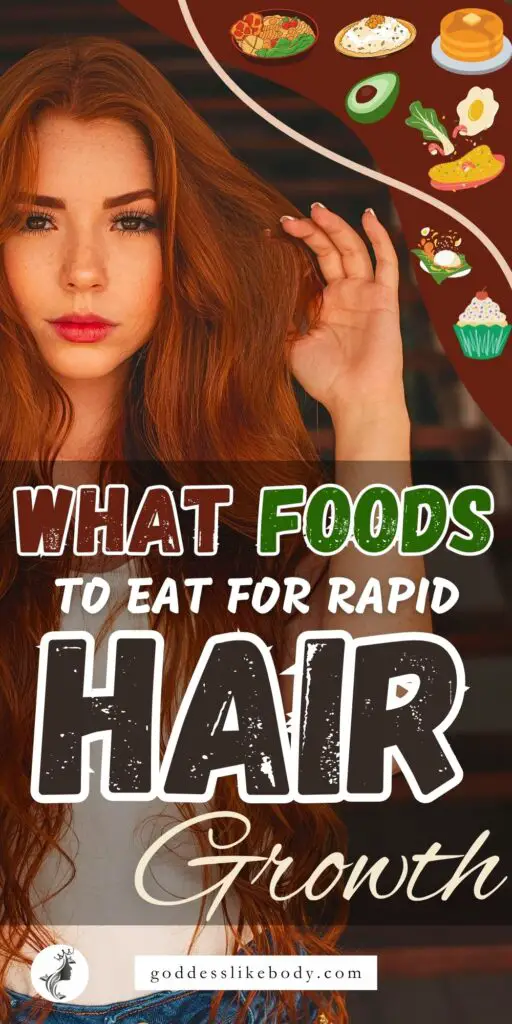
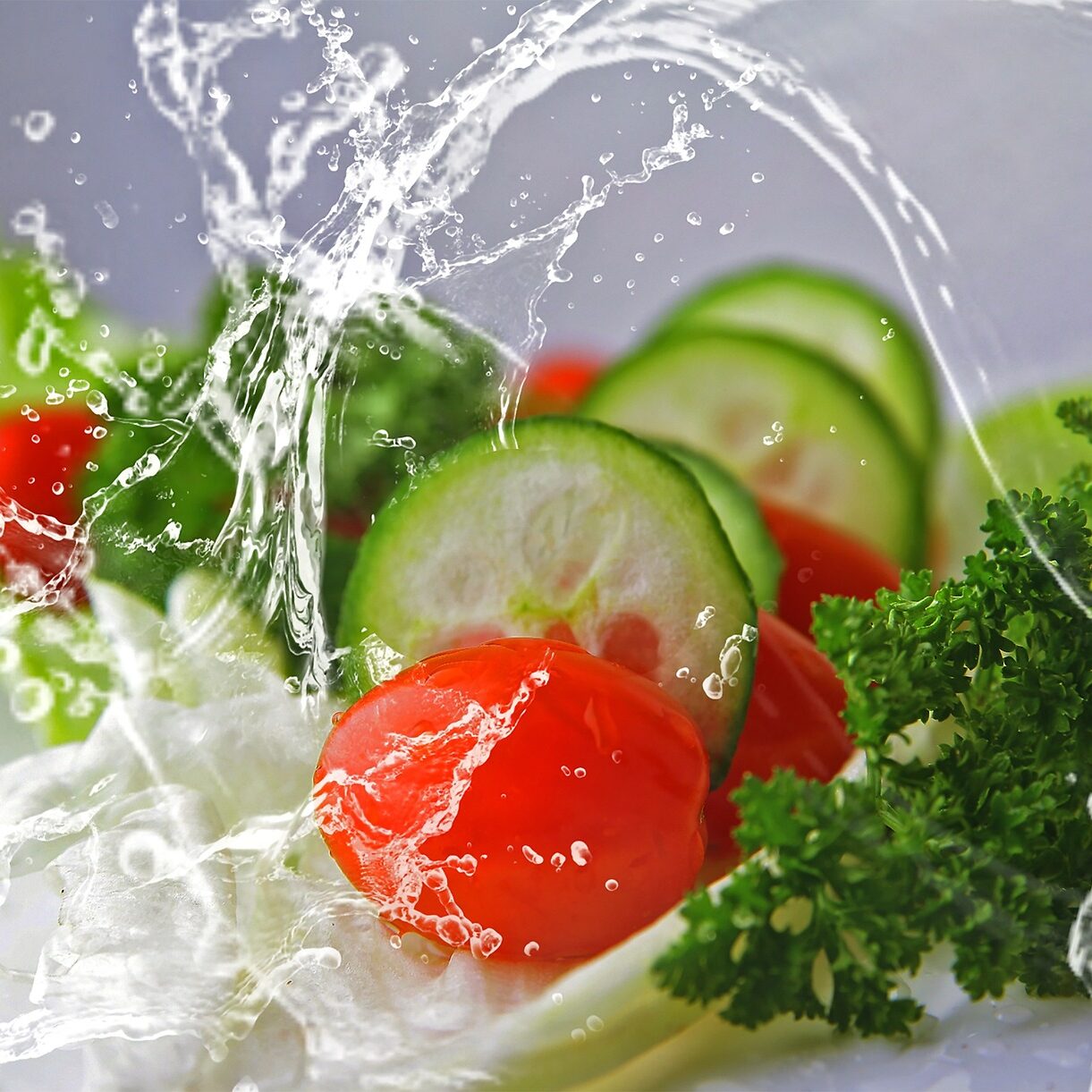

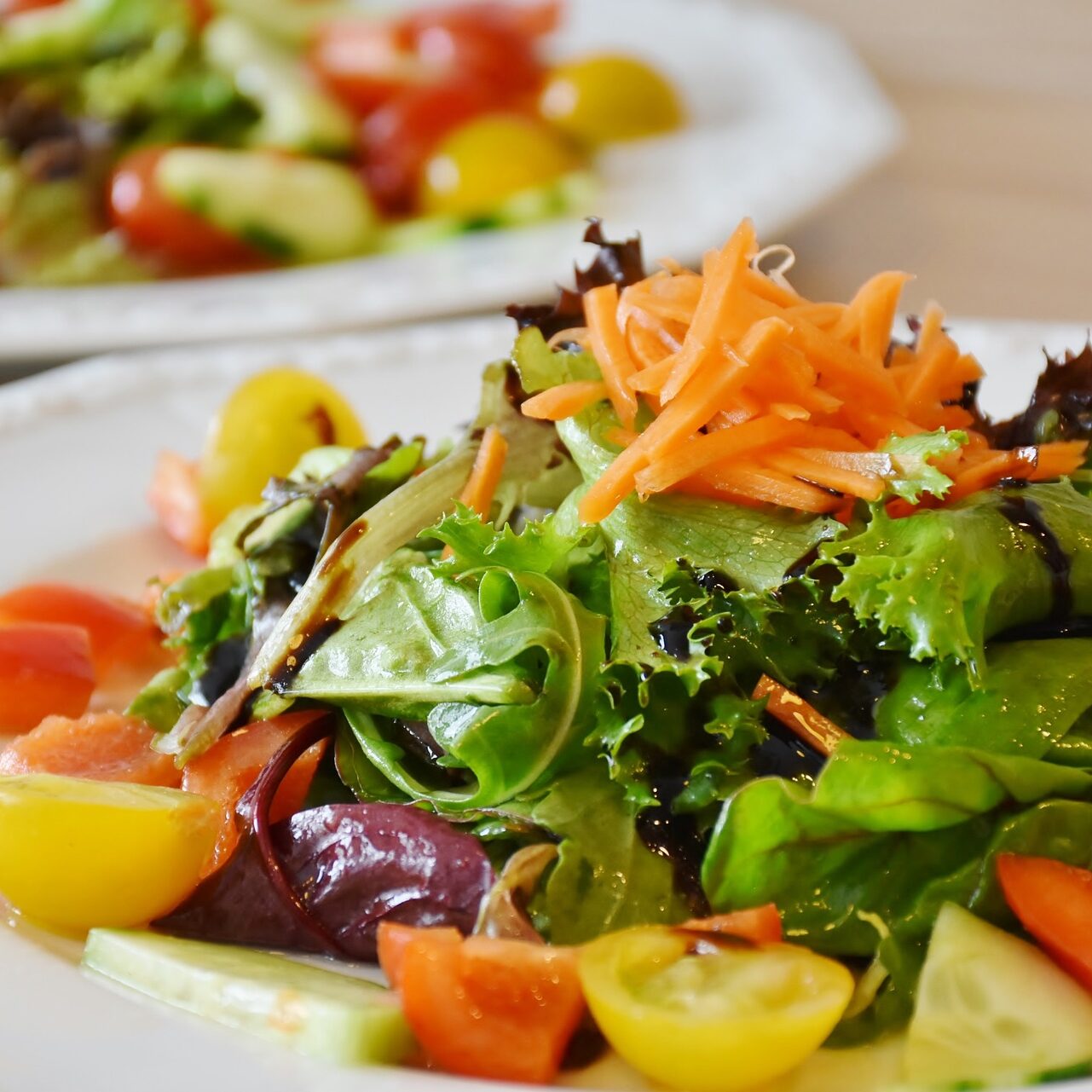

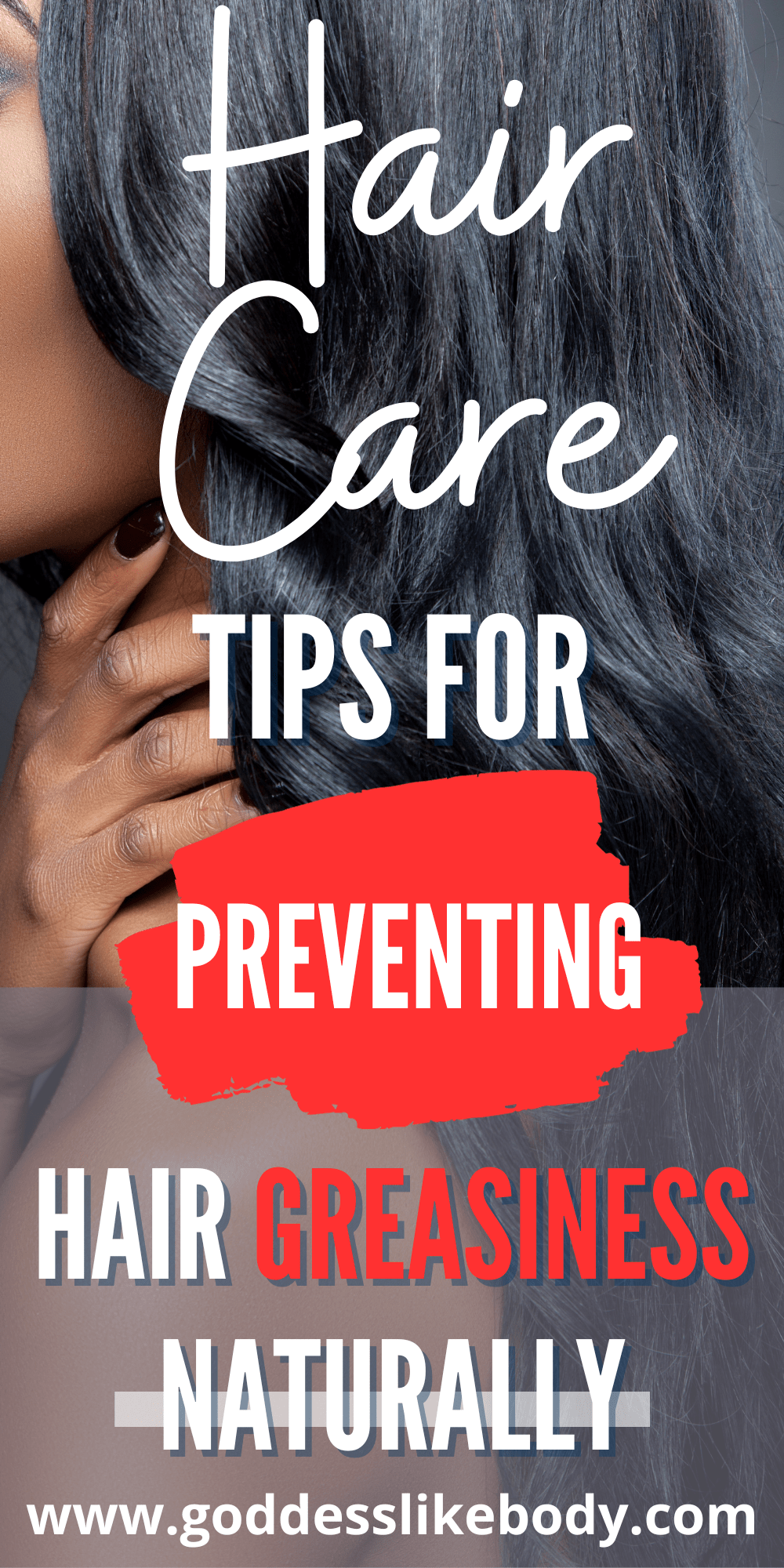

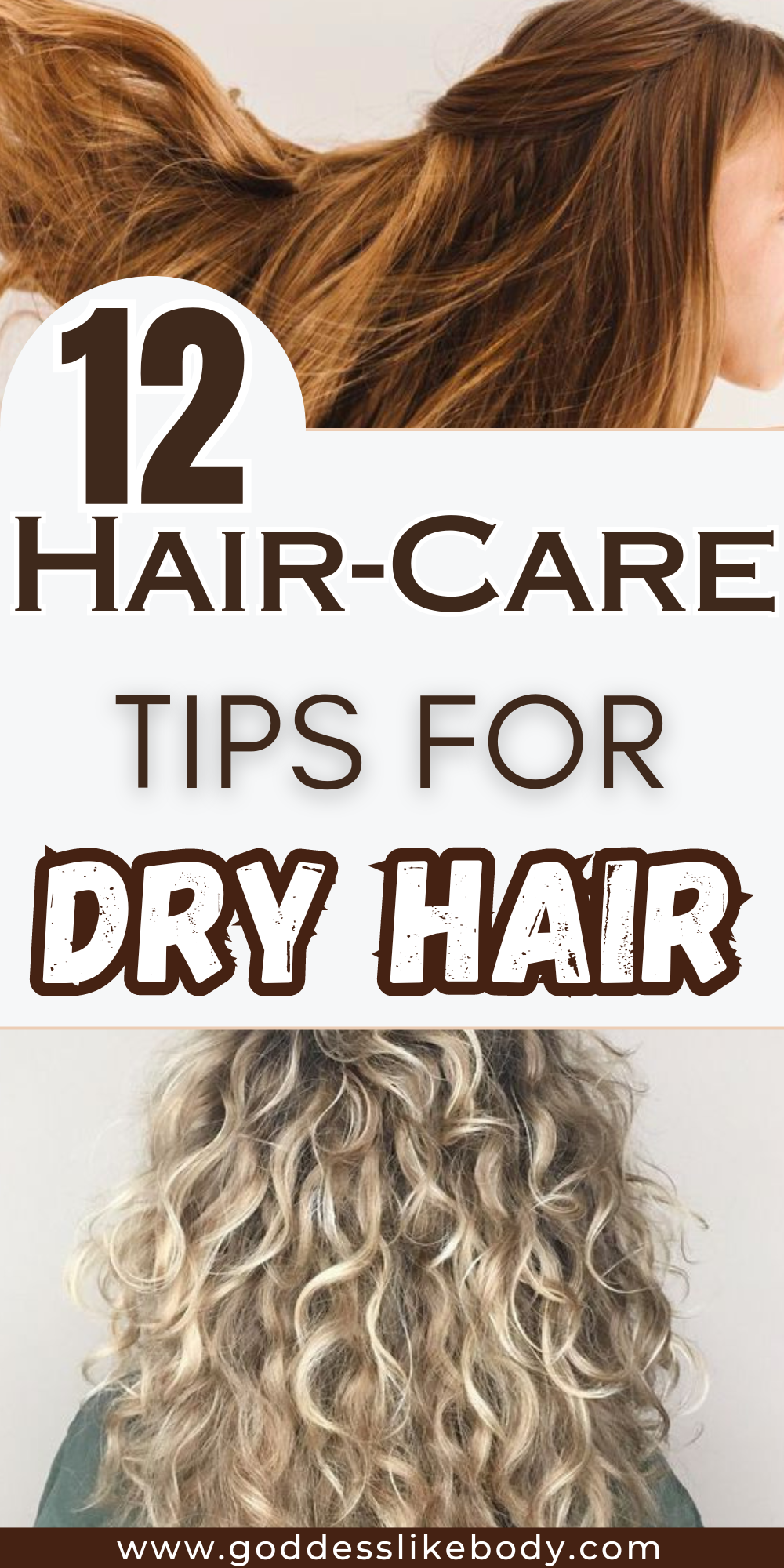
Leave a Reply
You must be logged in to post a comment.